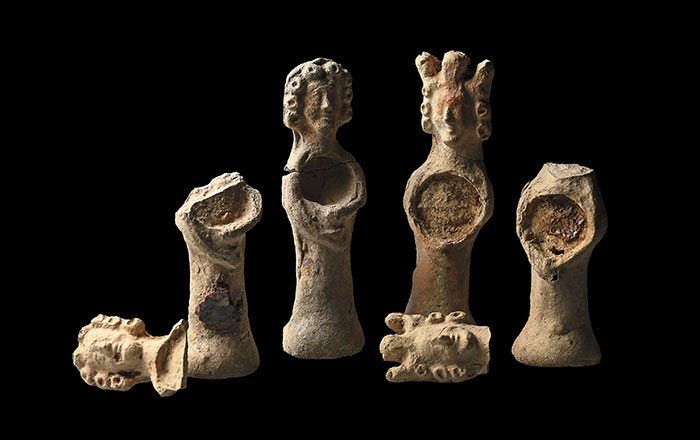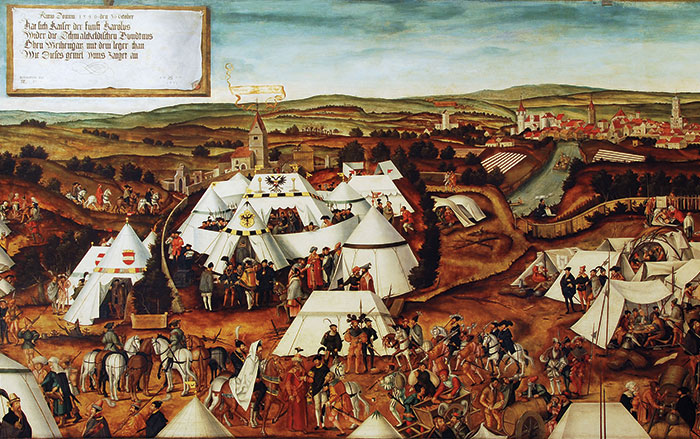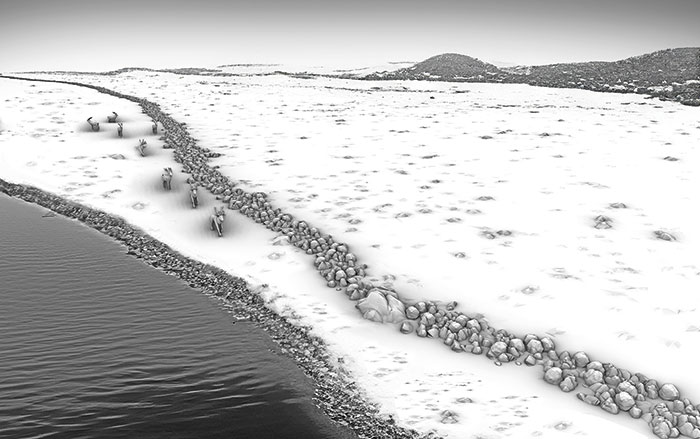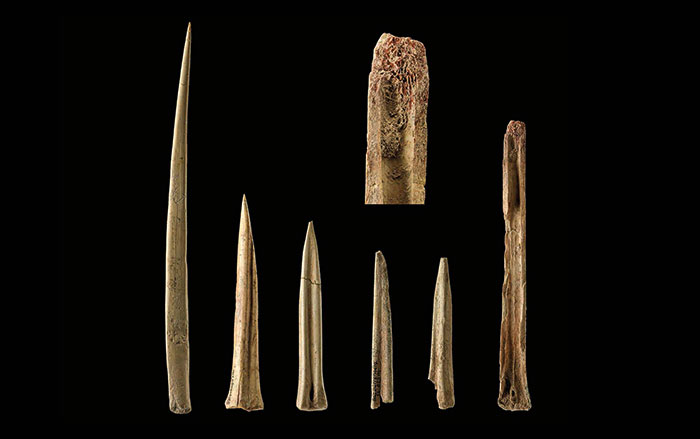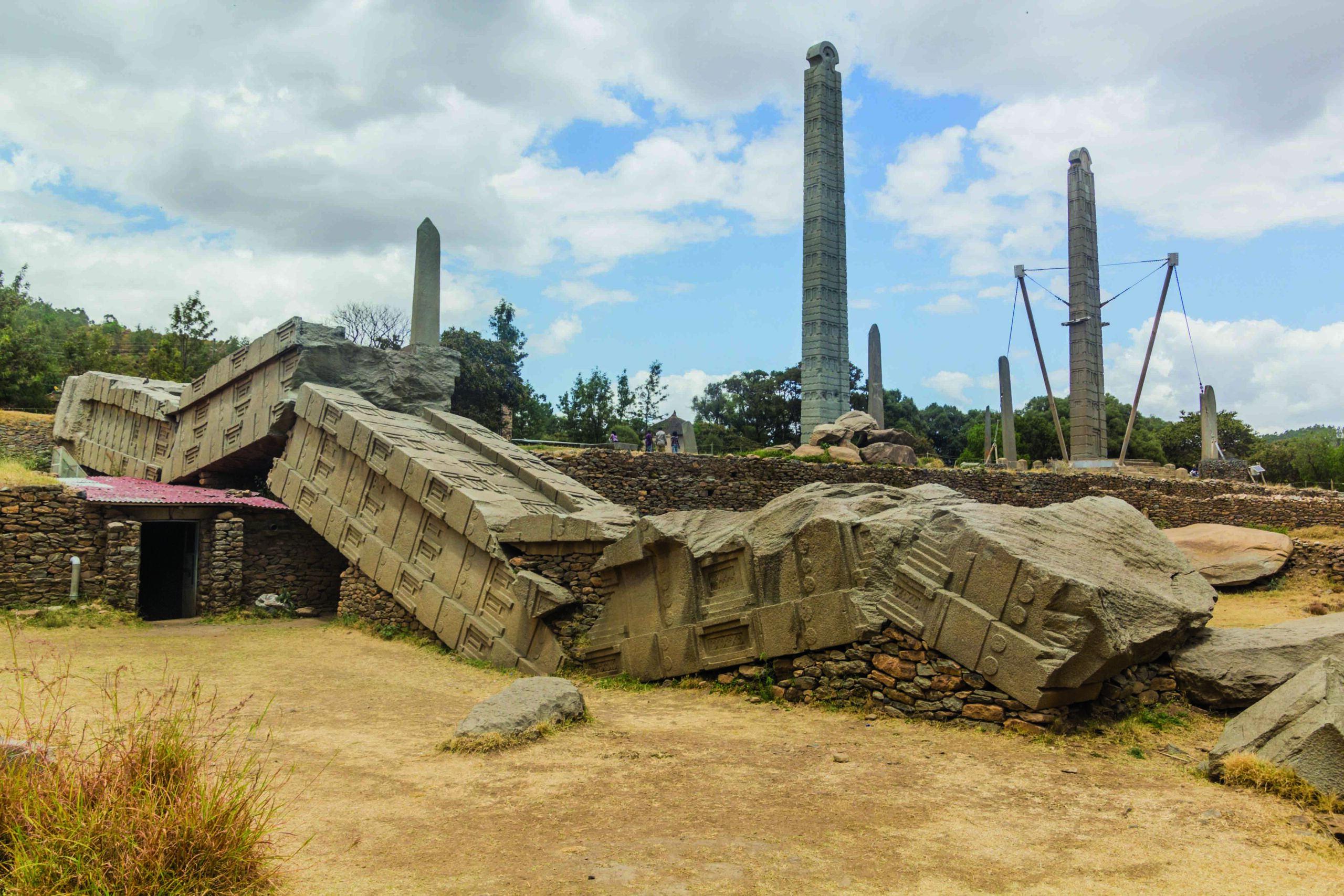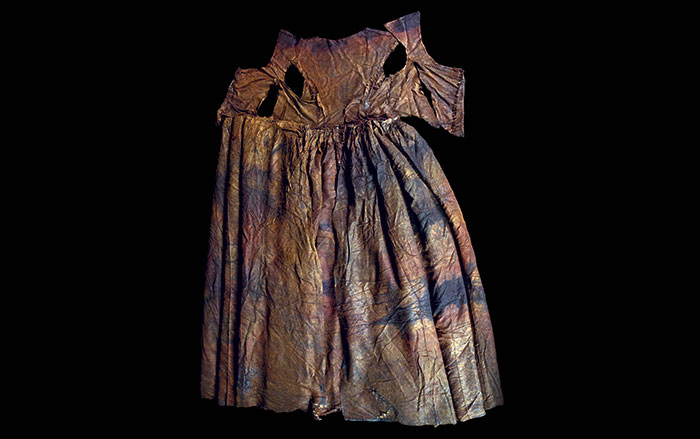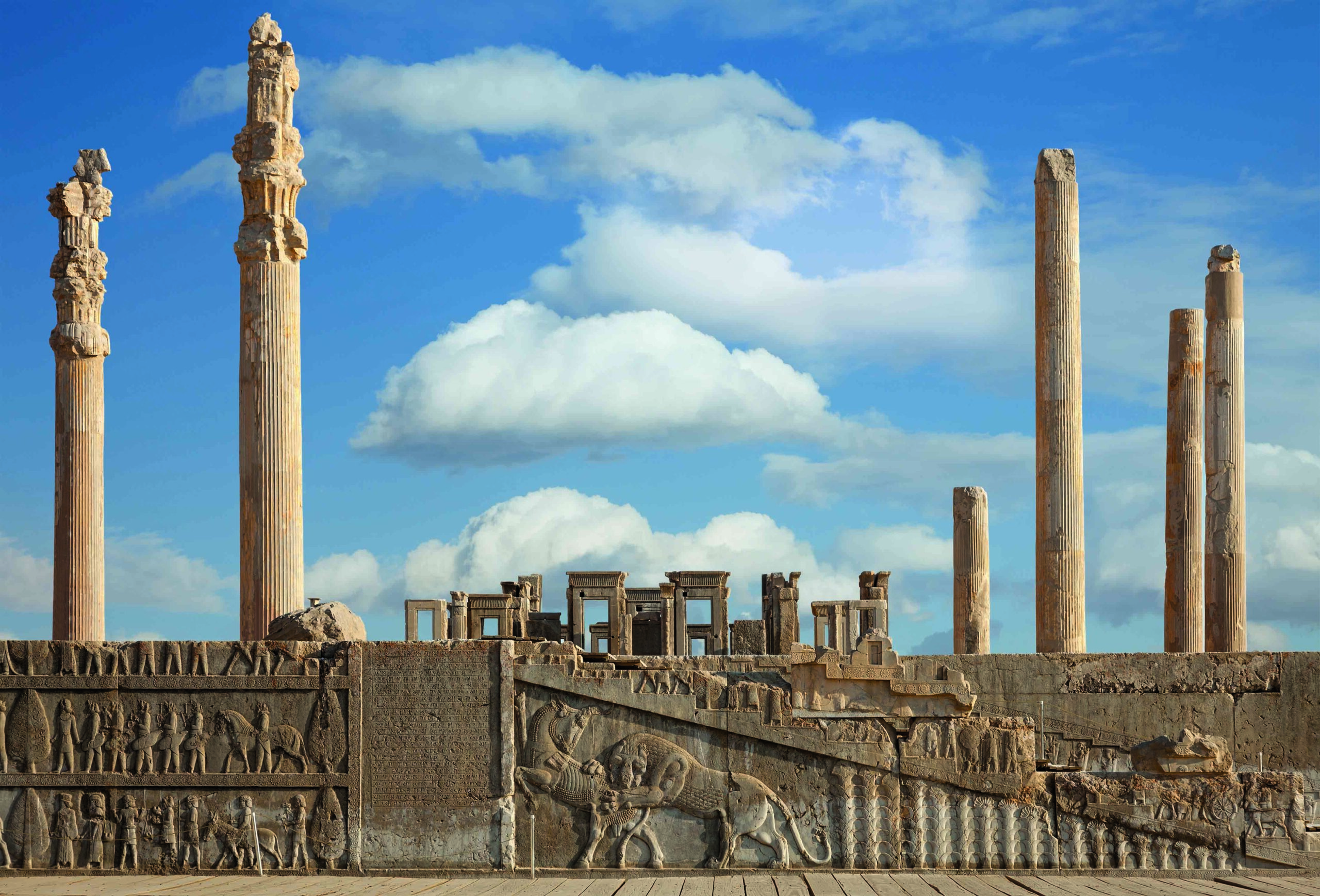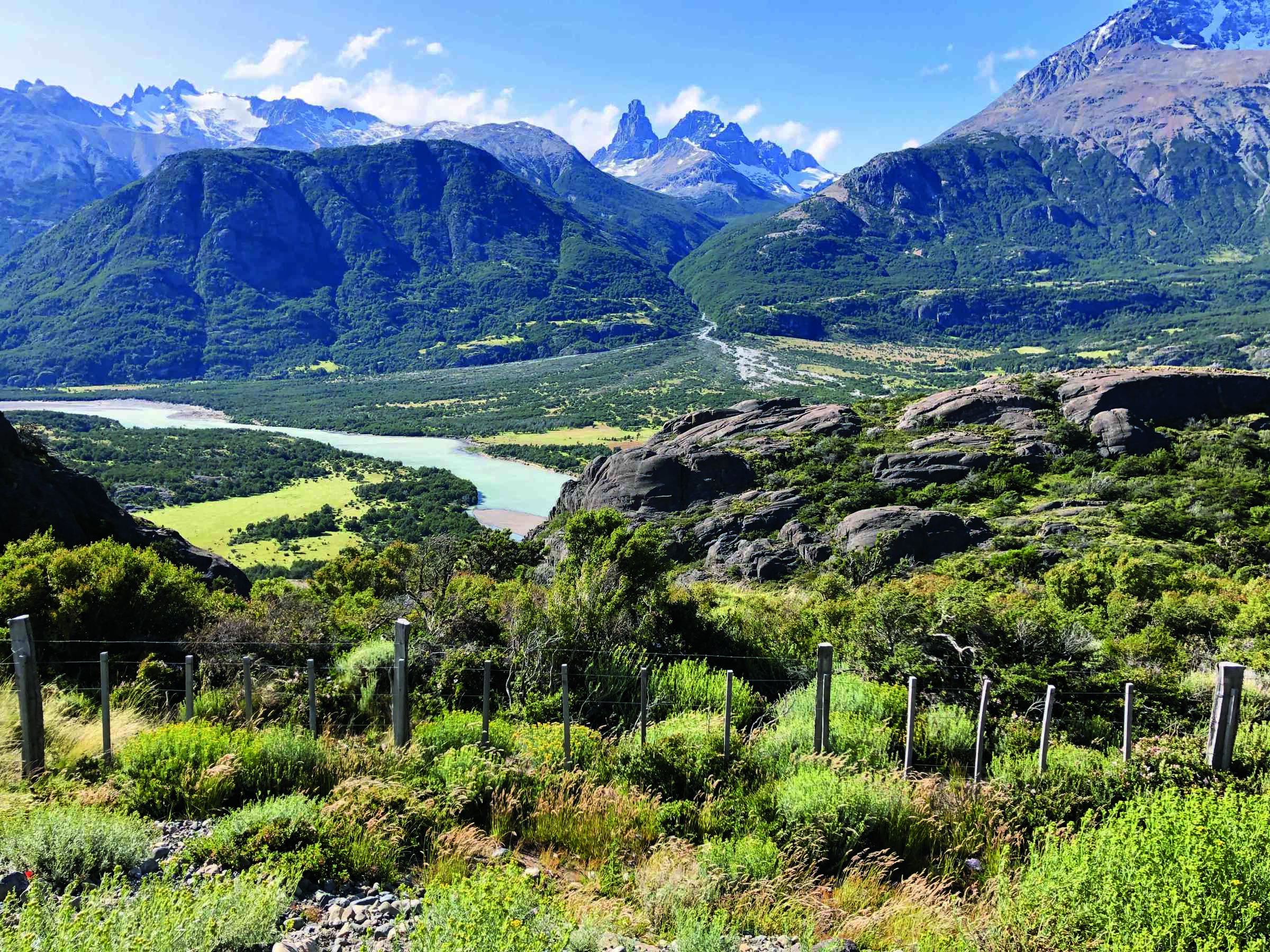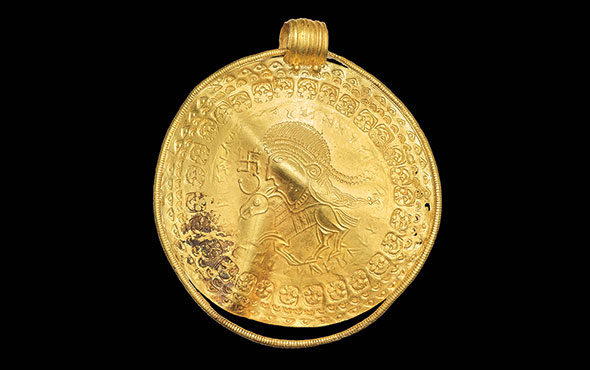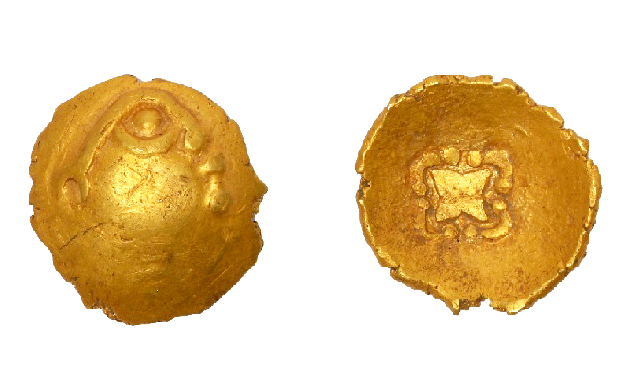
MUNICH, GERMANY—Live Science reports that a Celtic gold coin dated to the second or first century B.C. has been found close to the Lech River in southeastern Germany. The site is located near the site of an ancient road that traveled north across the Alps to Italy’s city of Trento, and may have been lost by a traveler. The rare curved coin, known as a “rainbow cup,” bears an image of a four-pointed star, perhaps a symbol of the four cardinal points, surrounded by arches, which may represent the horizon and the rising and setting of the moon. The opposite side of the coin bears a stylized human head with a large eye and nose and lips formed with dots. “The name rainbow cup coins come from the legend that they are drops of gold that fall to earth at the end of a rainbow,” said Bernward Ziegaus of Bavaria’s State Archaeological Collection. Roman coins became the main currency in the region after the conquest in 15 B.C., he explained. The rainbow cup will go on display at the state museum next year. To read about another discovery of rainbow cups in northeastern Germany, go to "Golden Lucky Charms."


